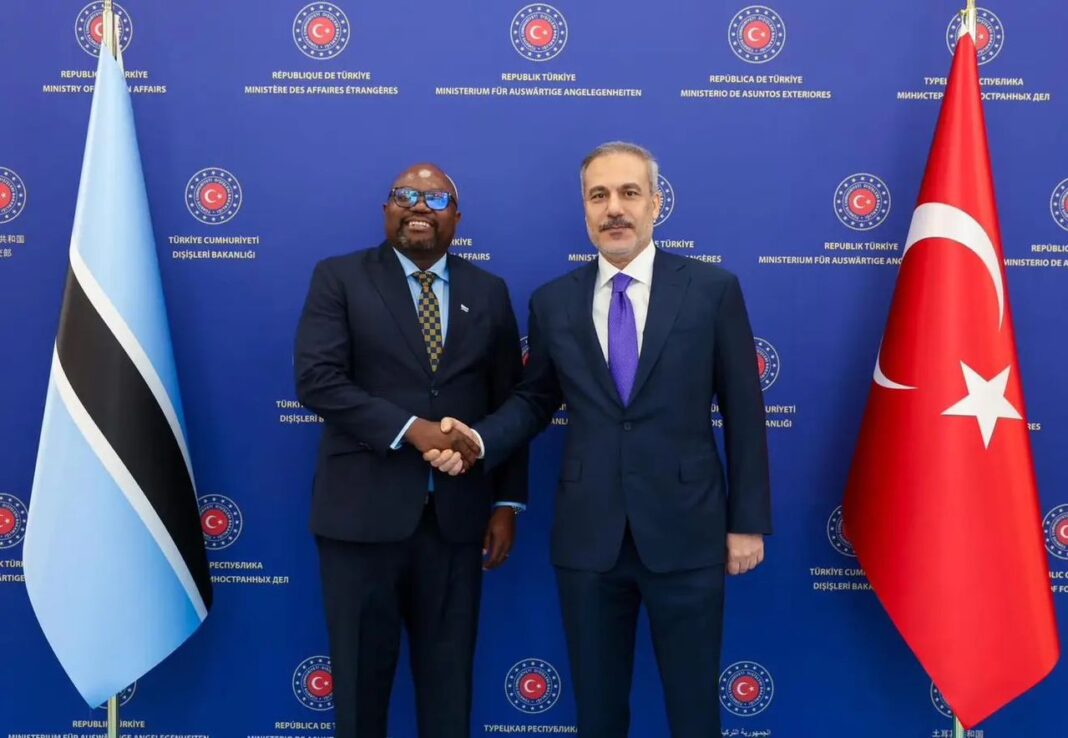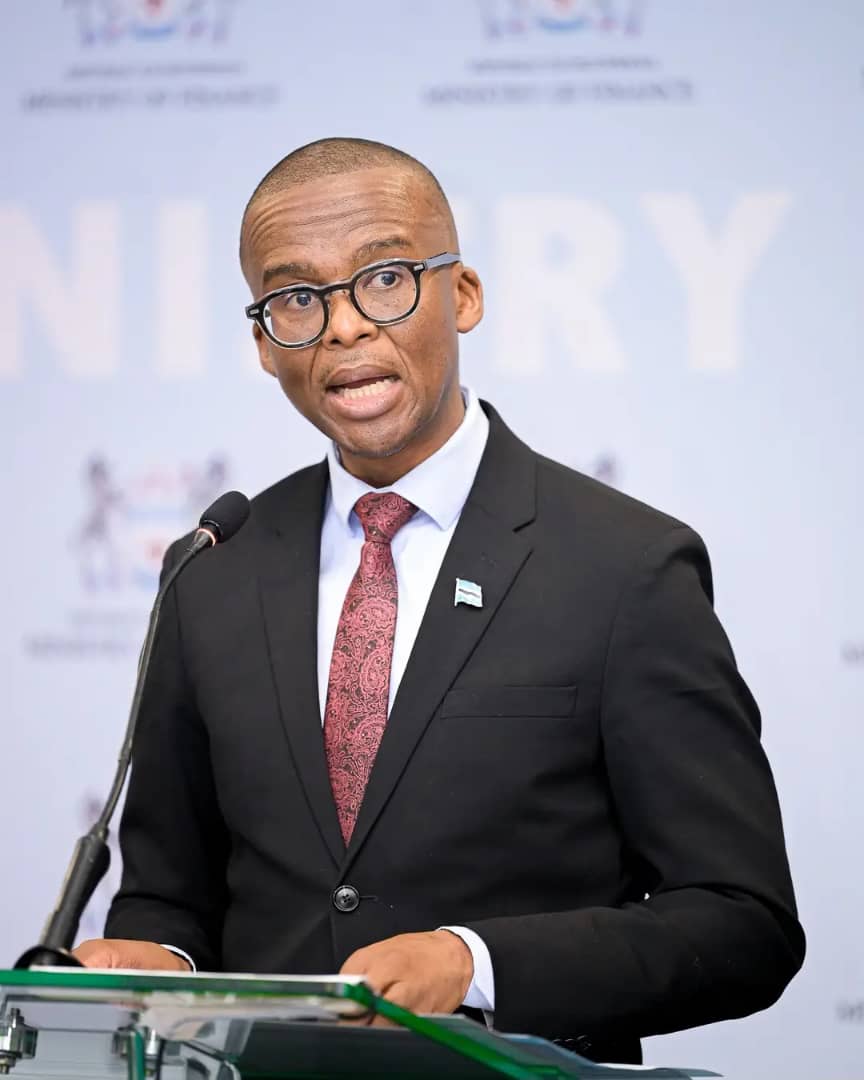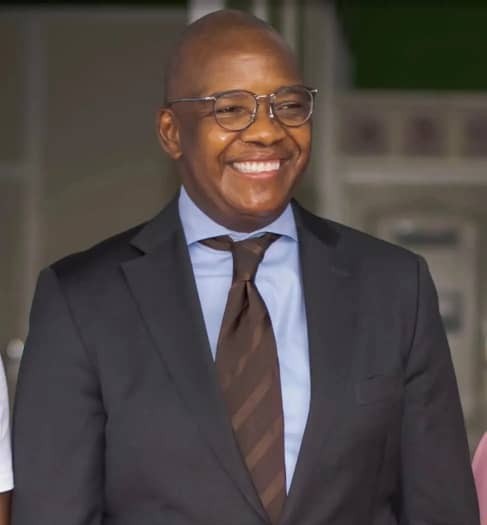In a landmark development signaling a new era of cooperation, Botswana and Türkiye have entered into a series of agreements that promise to deepen diplomatic relations, foster mutual growth, and enhance global partnerships. The Ministry of International Relations, Botswana, announced the exciting news today, highlighting key points from the historic understanding.
The agreements, forged with an eye toward a brighter future, include:
Visa-Free Travel for Passport Holders: A major highlight of the agreement is the provision for visa-free travel for diplomatic and official passport holders from both nations. This move is a testament to the trust and shared values between Botswana and Türkiye. It is designed to ease the movement of government officials and diplomats, paving the way for more frequent and efficient collaboration on a variety of fronts.
What are Diplomatic and Official Passports?
Diplomatic Passports: These passports are a symbol of a nation’s commitment to diplomacy. They are issued to high-ranking government officials, such as ambassadors and diplomats who are traveling internationally on official state business. The visa-free access for these passport holders will greatly streamline the work of Botswana’s representatives in Türkiye and vice versa, enabling them to focus on their crucial diplomatic duties without bureaucratic delays.
Official Passports: These are granted to individuals representing their government on official, non-diplomatic missions. This includes government employees, delegates to international conferences, and other state representatives. The new visa-free arrangement will facilitate smoother travel for these officials, ensuring that important government work proceeds without hindrance.
Botswana’s New Mission in Türkiye: In a significant step forward for Botswana’s international presence, Türkiye has committed to providing the necessary support for the establishment of a new Botswanan mission in its capital. This new mission will serve as a vital hub for promoting Botswanan interests, strengthening trade ties, and facilitating cultural exchange.
Diplomatic Training and Consultation: The two nations also signed a Memorandum of Understanding on Cooperation in Diplomatic Training and Exchange of Information and Documentation. This agreement is a powerful investment in the next generation of diplomats. It will create opportunities for shared learning, capacity building, and the exchange of best practices, ensuring that both countries are well-equipped to navigate the complexities of modern international relations.
A further Memorandum of Understanding on Political Consultations solidifies the commitment of both nations to regular dialogue and cooperation on a range of political and security issues.



